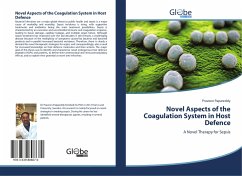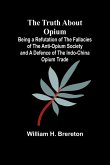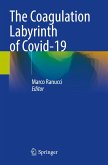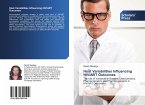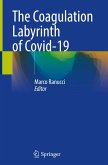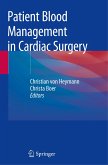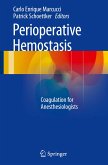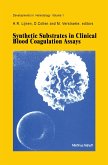Bacterial infections are a major global threat to public health and sepsis is a major cause of morbidity and mortality. Sepsis incidence is rising, with supportive treatments and antibiotics being the main treatment possibilities. Sepsis is characterised by an excessive and uncontrolled immune and coagulation response, leading to tissue damage, capillary leakage, and multiple organ failure. Although sepsis treatment has improved over the last decades it still remains a challenging disease because of the multiplicity of symptoms caused by bacteria and bacterial products and in parallel increased bacterial resistance. Therefore, there is clearly a demand for novel therapeutic strategies for sepsis, and correspondingly, also a need for increased knowledge on host defence molecules and their actions. The major goal of this thesis was to identify and characterise novel endogenous host defence peptides (HDPs) and proteins, to define their antimicrobial and immunomodulatory effects, andto explore their potential as novel anti-infectives.
Bitte wählen Sie Ihr Anliegen aus.
Rechnungen
Retourenschein anfordern
Bestellstatus
Storno

